What is Pelvic Health Physiotherapy?
What is Pelvic Health Physiotherapy?
Kaitlyn Sereda PT, MScPT, BKin
Hi! My name is Kaitlyn and I am a Pelvic Health Physiotherapist.
Now, if you are thinking “what is a Pelvic Health Physiotherapist, and what do they do?!” you are in the same boat as many others. It was not until the final year of my master’s degree that I had even heard the title of ‘Pelvic Health Physiotherapist’. This is unfortunate as many women could benefit from seeing a Pelvic Health Physiotherapist for conservative management before immediately seeking more invasive treatments such as medication or surgery, or continue living with the pain or discomfort of a pelvic issue.
And for those who have heard of this specialized profession, Pelvic Health Physiotherapy is NOT just about doing “Kegels”. Each individual’s pelvic floor issues may be caused by a variety of reasons; weakness, tightness, inability to relax or contract the muscles around the pelvic floor and many more. A Pelvic Health Physiotherapist can give you a personalized treatment plan based on a thorough examination.
So what does a Pelvic Health Physiotherapist treat? Here are four common conditions that can be treated by a Pelvic Health Physiotherapist and how they might present.
Stress Incontinence
Have you ever been afraid to cough or sneeze, even laugh because you might “leak”? You may have a type of incontinence called Stress Incontinence, and it is not a normal result of aging or from giving birth. This type of incontinence occurs when the pelvic floor is put under stress, when the pressure in the abdomen overcomes the closure of the urethra, like when you cough. A weak or “hypotonic” pelvic floor can often be the cause of stress incontinence.
(Retrieved from: https://www.medfriendly.com/stress-incontinence.html)
Over active Bladder (OAB)
You are standing in line at the grocery store or sitting in your son/ daughter’s music recital and suddenly… oh no! you have to get to the washroom ASAP. OAB can be wet (as in you will pee your pants if you are unable to get to a toilet in time), or dry (as in you have s strong urge to urinate but you have never leaked). You may find yourself urinating frequently throughout the day (we are talking more than once every few hours – normal voiding is 5-7x per day) and waking up several times a night to urinate. Overactive bladder can be caused by many things which your Pelvic Health Physio will assess.
Pelvic Organ Prolapse
Do you have a feeling of heaviness in your vagina or rectum, or feel like you are “falling out”? You may find yourself straining to urinate or have a bowel movement and often have complaints of constipation. If so, you may have a pelvic organ prolapse. Your doctor may have also told you about your prolapse during a routine medical check-up.
Pelvic organ prolapse is a protrusion (bulge) at or near the vaginal opening, which may or may not be accompanied by perineal pressure (pressure between your vagina and anus), which is aggravated by standing, jumping or straining and relieved by lying down.
This pressure can be caused by the bladder (cystocele), rectum (rectocele) or uterus itself descending into the vaginal canal.
Pelvic Pain
Pelvic pain is a very generic statement for a very complex issue. Pelvic pain is defined as any type of pain or discomfort in the lower abdomen to groin region between the hips and into the genitals. Pain experienced in the pelvis can be constant, intermittent or only come on with certain activities ie. Sexual activity. There are many reasons that an individual could develop pelvic pain including:
Trigger points, also known as muscle knots
Connective tissue dysfunction, which is essentially tension in the tissue between the skin and the muscle
Neural tension, which is tension along the nerve pathway, causing difficulty with the normal sliding and gliding of the nervous system
Pelvic congestion caused by varicose veins, or poor circulation
Sacro-iliac joint problems
Tension organs of the lower abdomen including the bladder, prostate, uterus and ovaries
These are just some of the many conditions a pelvic health physiotherapist can help manage. If you find that you can relate to one or more of these issues, or have any other questions about your Pelvic Health, it may be time to contact your Doctor or Physiotherapist directly to schedule a Pelvic Health appointment.
References:
Pelvic Health Solutions; Resources for the patient. Retrieved from: https://pelvichealthsolutions.ca/for-the-patient. November 12, 2016.
Philip, V. (2015, November 3). Looking Beyond Kegels… Positively Pelvic Blog. Retrieved from: https://positivelypelvic.com/category/prolapse/



